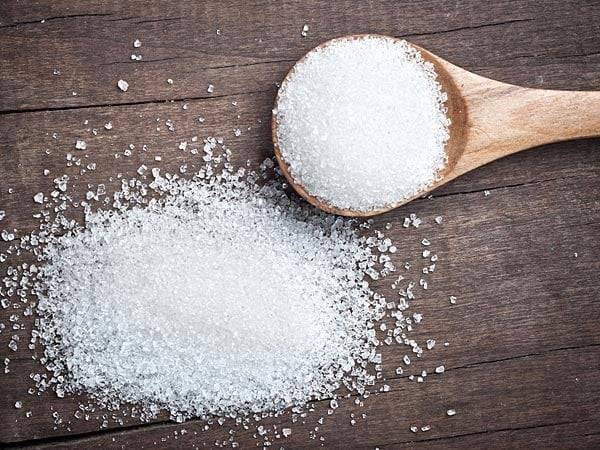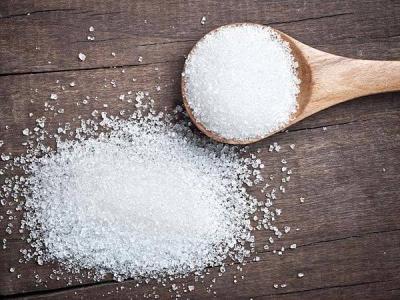Russian nutrition expert Dr. Daria Rosanova stated that the common belief in the beneficial properties of fructose, especially compared to sucrose, is nothing more than a misconception. According to her, sugar is one of the most controversial products, surrounded by myths for decades, and following them can hinder a healthy diet and may even harm the body.
The doctor notes that the first mistake is considering sugar harmful to the body. She says, "On the contrary, sugar is very beneficial for the body because glucose is the primary energy source for cells. Without sugar, just like without salt, the body cannot function properly. However, excessive sugar intake is harmful. Therefore, it is not recommended to consume more than 25 grams per day (6 teaspoons). This amount includes hidden sugars found in ready-made products that we buy in stores, such as sauces, sausages, semi-finished products, sweet yogurt, and so on. Unknowingly, we can consume much more sugar than the body needs. This led to the myth of the dangers of sugar. Thus, it is essential to study labels carefully and calculate the sugar content in all products we purchase. Even if the package states that the product is sugar-free, it is necessary to examine the ingredient list closely."
The second mistake, according to her, is the belief that fructose is healthier than sugar, which is incorrect. Fructose is almost identical to sugar, but body cells, except for liver cells, cannot process it. She states, "However, unlike sucrose, fructose is not absorbed by all the body’s cells; only the liver can process it. Therefore, if we use fructose instead of regular sugar, it increases the burden on the liver, potentially leading to fatty liver disease."
Additionally, fructose does not provide energy to the body as sucrose does. This means that fructose cannot saturate the body with the energy it needs. She asserts that it is never advisable to switch from sugar consumption to fructose in dietary habits. The processed products containing this ingredient, including sweets and snacks, have a high fructose content, which cannot positively affect health. She explains, "The fructose in these products is made from corn syrup, which has a very high concentration—dozens of times higher than that found in natural fruits. Therefore, anyone leading a healthy lifestyle should not consume such products, let alone replace regular sugar with fructose."




